Understanding Nutritional Yeast in Dairy Free Recipes
12 min read Explore the role of nutritional yeast in dairy-free recipes, enhancing flavor and nutrition in vegetarian cuisine. September 28, 2025 21:05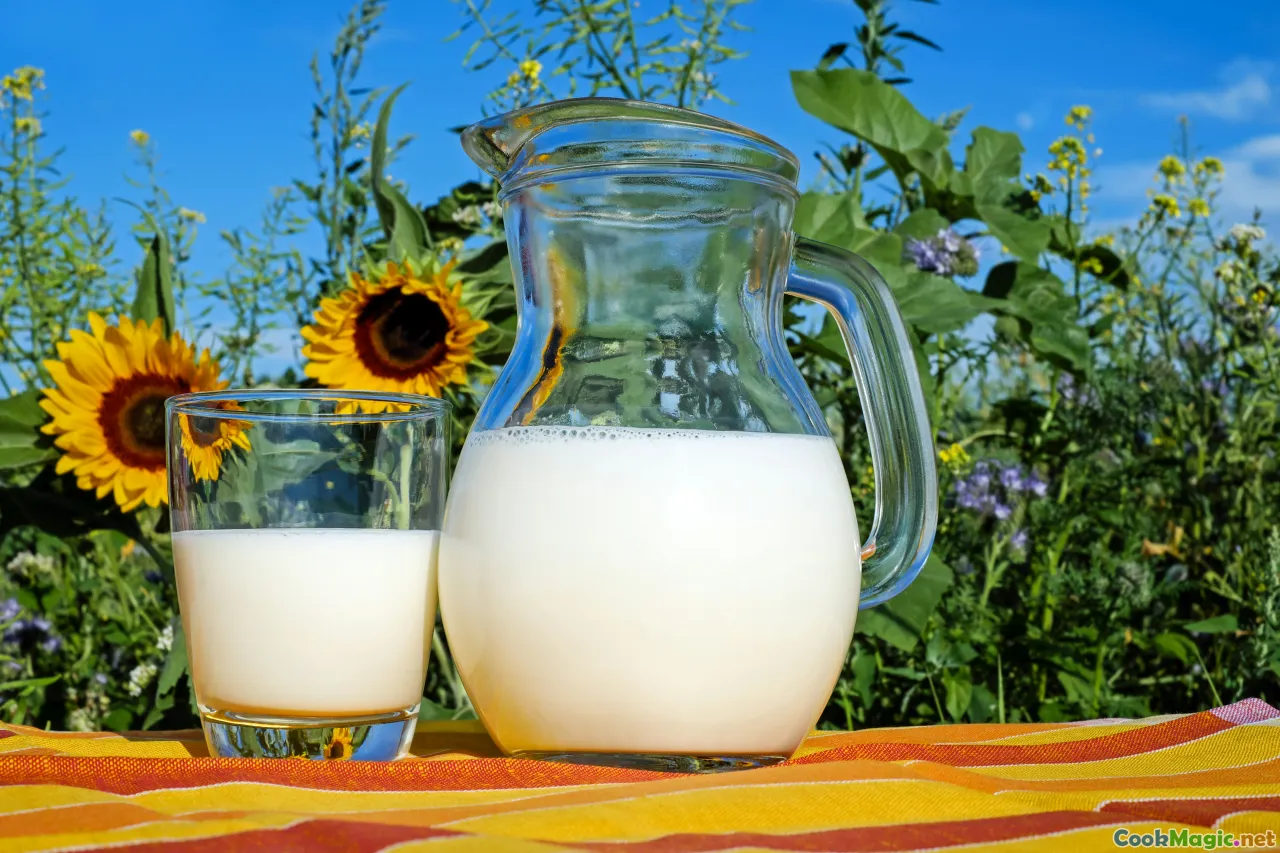
Understanding Nutritional Yeast in Dairy-Free Recipes
In the vibrant culinary landscape of modern vegetarian cuisine, few ingredients spark as much intrigue and excitement as nutritional yeast. Its nutty, cheesy aroma and umami-rich flavor profiles have made it a beloved staple in dairy-free cooking, transforming humble dishes into savory, nutrient-dense creations. For those eager to explore plant-based innovations or simply seeking wholesome, cheese-like depth without dairy, understanding nutritional yeast isn’t just useful — it’s essential.
Imagine the sun-drenched hills of California’s coastal regions, where golden fields of yeast culture grow under the warm sun, and chefs across the world harness its magic to craft recipes that evoke comfort, tradition, and innovation. This alchemical ingredient bridges cultural gaps, offers nutritional powerhouses, and enriches every culinary experience it touches. Let’s embark on a flavorful journey to unlock its secrets—by exploring its history, flavor profile, uses, and how it can elevate your vegetarian and dairy-free dishes.
The Origins and Cultural Significance of Nutritional Yeast
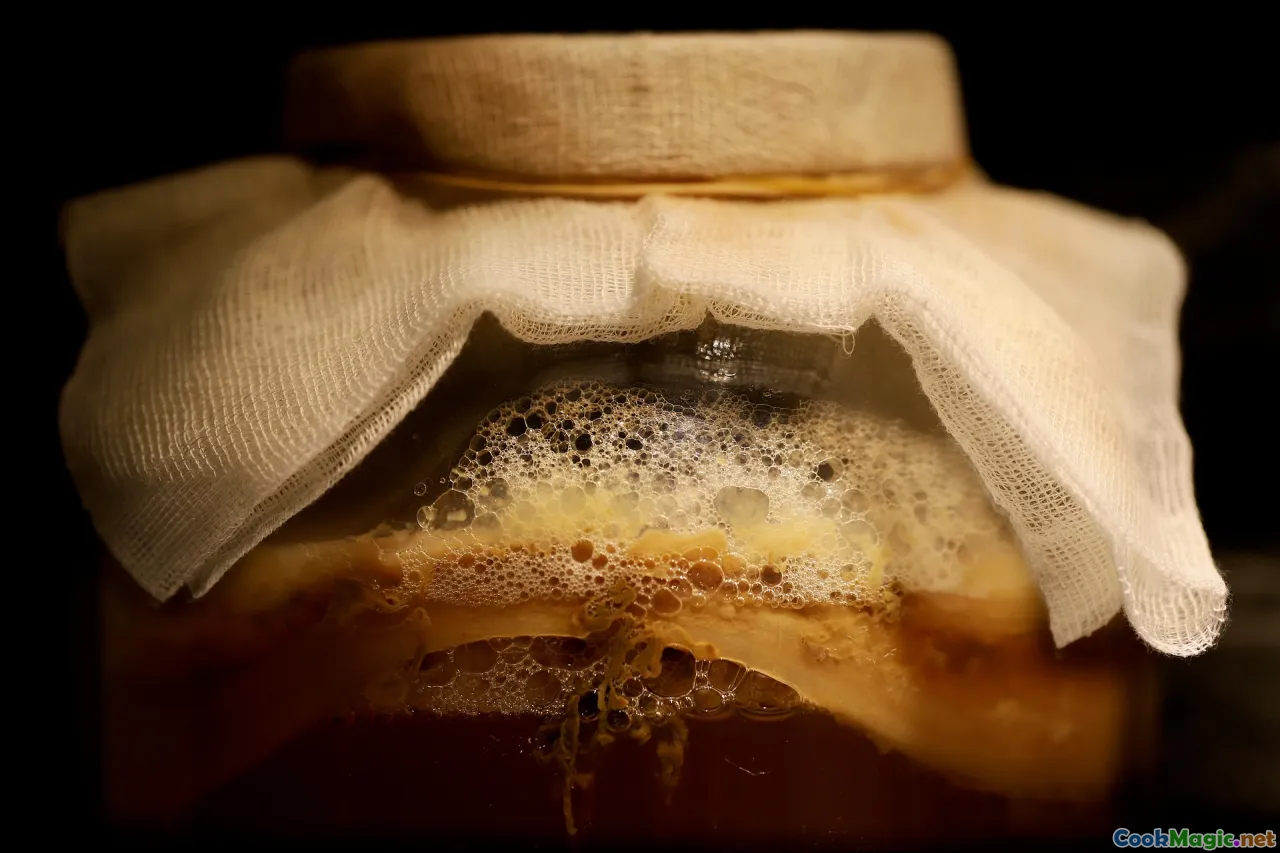
Nutritional yeast’s story begins more than a century ago, rooted in the broader history of fermentation and biotechnology. Originally, yeast cultures have been utilized worldwide for centuries, from Belgian brewing traditions to Asian miso and soy products. In the 20th century, as the consciousness around plant-based diets and wellness grew, scientists began to realize that certain strains of yeast could be cultivated not just for fermentation, but also as a nutrient-dense supplement.
Derived from single-celled fungi of the species Saccharomyces cerevisiae, nutritional yeast was initially used as a dietary staple in postwar America to combat nutritional deficiencies, especially in protein and B vitamins. Since then, it has transcended its humble beginnings, becoming integrated into a range of culinary traditions globally. It’s particularly revered in vegan and vegetarian cultures, echoing ancient traditions of using fermented ingredients as natural flavor enhancers and health boosters.
In contemporary cuisine, nutritional yeast is celebrated for its umami-rich characteristics, reminiscent of aged cheeses and toasted nuts. It’s fascinating how a product cultivated from fungi — once dismissed as mere waste or byproduct — can now be infused into everyday dishes, symbolizing innovation rooted in respect for traditional fermentation processes.
Understanding the Flavor Profile and Textural Qualities
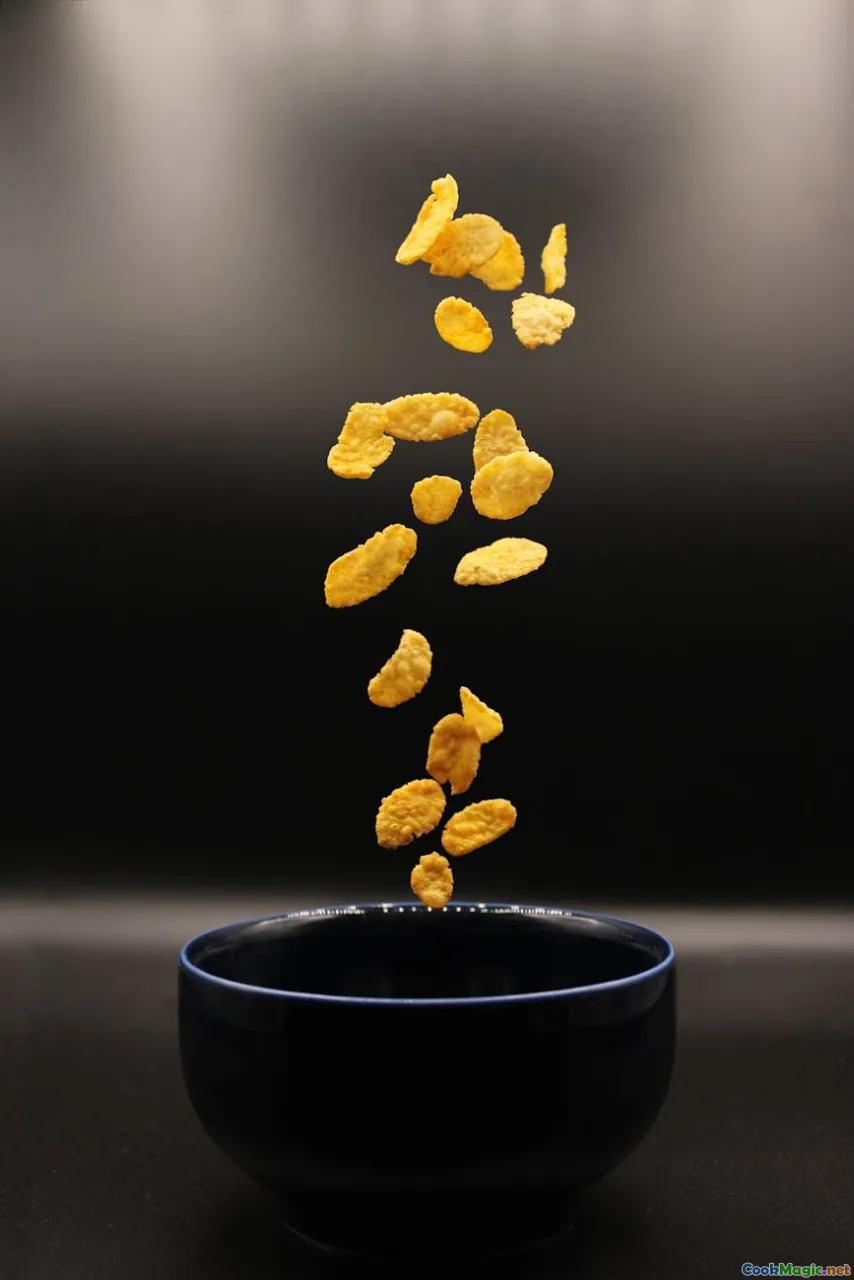
At its core, nutritional yeast offers a flavor profile that combines nutty, cheesy, and slightly savory notes, making it an excellent substitute or supplement in dairy-inspired recipes. The aroma is warm and inviting—think toasted corn or roasted nuts, with subtle hints of roasted garlic and caramelized onion.
Its texture is dry and flaky, with a light, almost fluffy appearance that dissolves quickly when added to hot dishes or liquids. Unlike other yeasts used in baking, nutritional yeast doesn't grow or ferment in the same manner; it’s a deactivated yeast, meaning it won’t provide leavening but excels as a flavor enhancer and nutritional supplement.
Visualize sprinkling golden-yellow flakes over pasta, popcorn, or roasted vegetable bowls—that vibrant hue is a visual cue of the product’s richness in B-vitamins, particularly B12, which is vital in vegetarian diets.
How Nutritional Yeast Enhances Dairy-Free Recipes
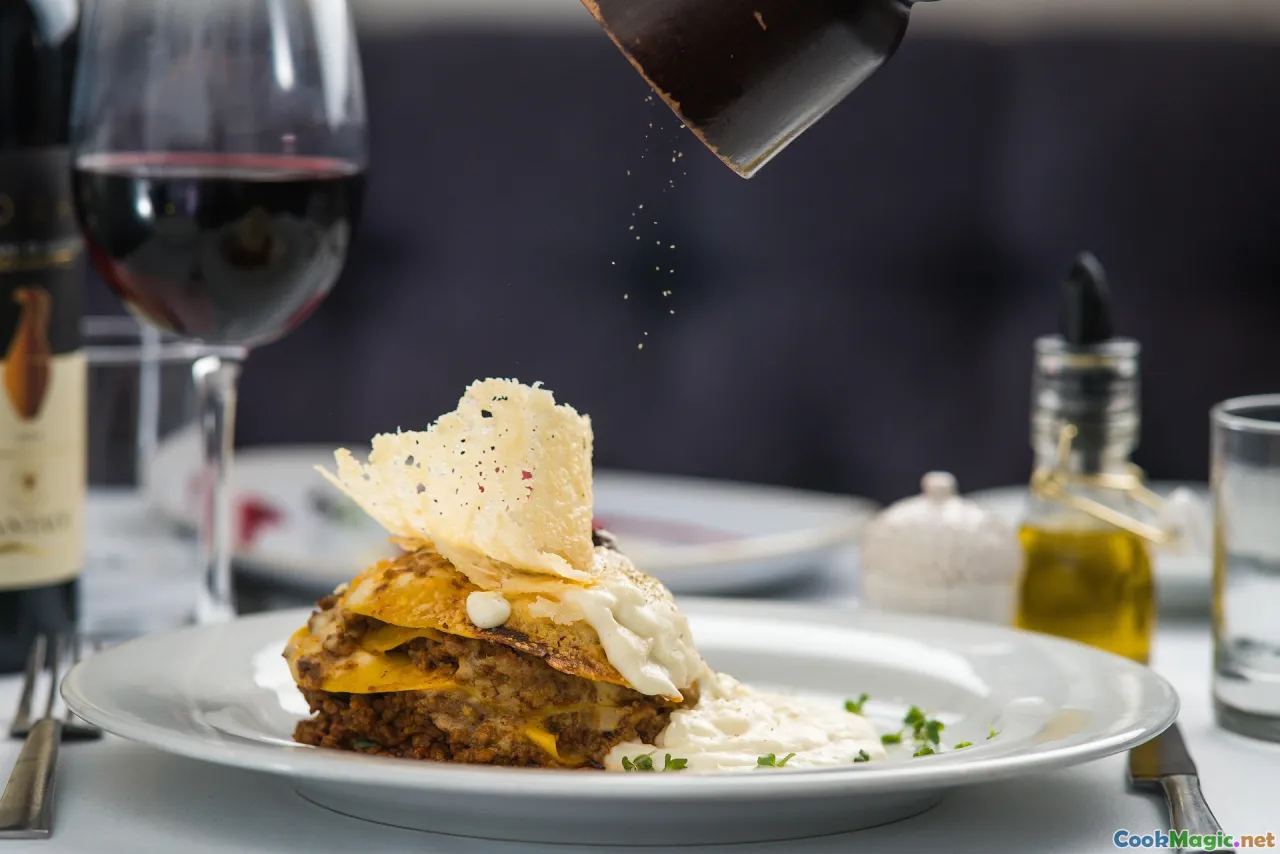
In dairy-free cooking, nutritional yeast becomes the cornerstone of flavor scaffolding. Its savory fidelity and natural umami potency mimic the richness and depth traditionally provided by cheese, making it an indispensable ingredient in countless recipes. Here’s how nutritional yeast elevates dairy-free dishes:
1. Creating Creamy Sauces and Dressings
One of the most celebrated uses of nutritional yeast is in the creation of creamy, cheese-like sauces. By blending it with soaked nuts (cashews or almonds are favorites), plant-based milk, garlic, and a touch of lemon or vinegar, you craft velvety sauces perfect for draping over pasta, vegetables, or grain bowls. They possess an alchemical richness that coats every bite with layers of savory flavor.
2. Flavoring Vegetables and Legumes
Sprinkle nutritional yeast generously on roasted broccoli, grilled mushrooms, or sautéed greens to impart an unsuspected complexity—a savory umami blast that enhances natural vegetable sweetness while adding a cheesy backbone.
3. Baking Dairy-Free Cheese and Snack Alternatives
Living out a cheese craving is no longer an impossible quest. Nutritional yeast serves as a base for homemade vegan cheeses, including slices, shreds, and dips, which can be seasoned with smoked paprika, garlic powder, or nutritional yeast’s own cheesy depth. Snack cheeses, crackers, or cheese-stuffed bread become more indulgent and healthier.
4. Enhancing Soups and Stews
A dash of nutritional yeast stirred into hearty vegetable soups or stews transforms the broth into an umami-laden experience, adding depth and a satisfying savory note that keeps diners coming back for more.
Incorporating Nutritional Yeast into Your Vegetarian Pantry
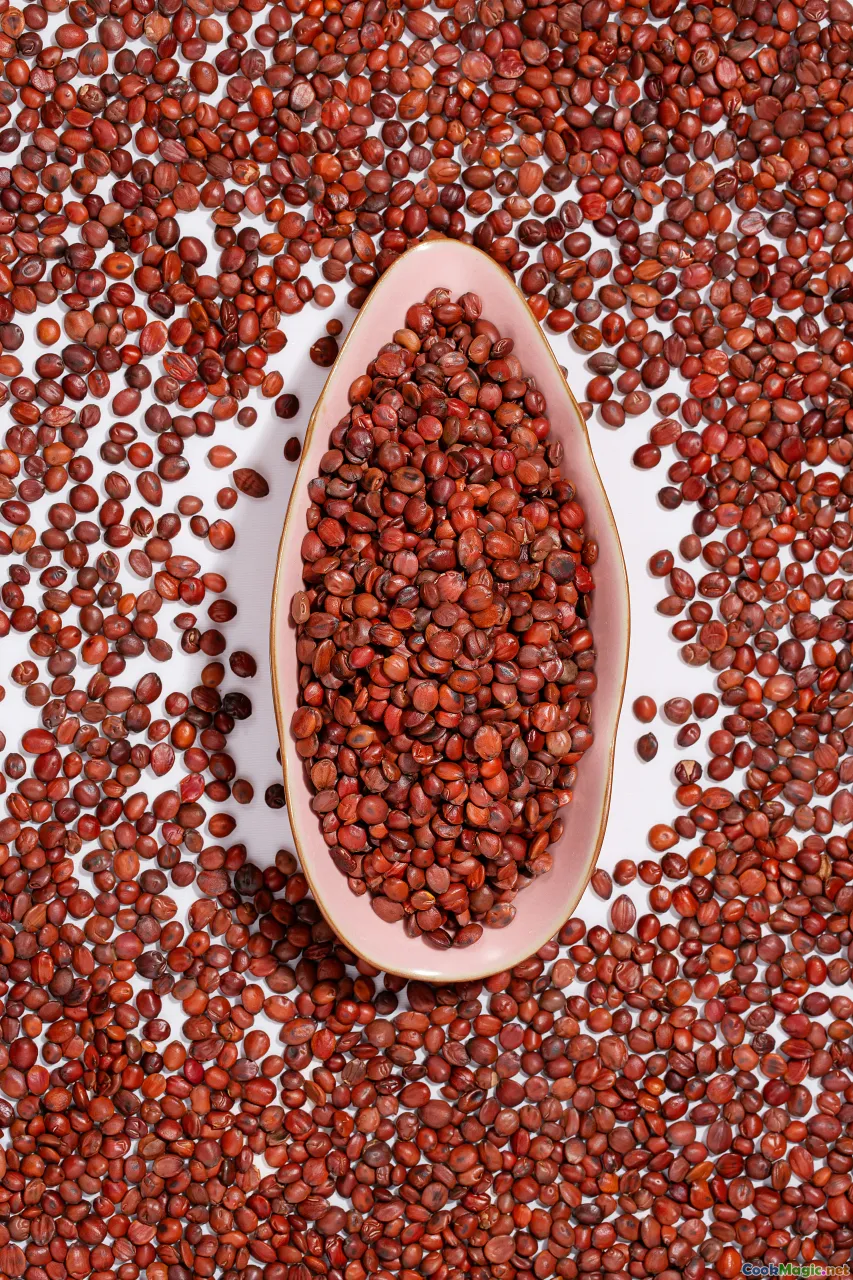
To unlock its full potential, approach nutritional yeast as a versatile pantry staple. Store it in an airtight container away from light, ensuring it retains its fresh, nutty aroma until magic is needed.
A simple guideline for incorporating nutritional yeast:
- Start small: Begin with 1–2 tablespoons in your dishes, then adjust for intensity.
- Combine with other flavor enhancers: garlic, onion powder, smoked paprika, lemon juice.
- Use in layers: Incorporate into marinades, dressings, and toppings.
- Experiment with textures: Blend into batter for veggie burgers or sprinkle atop baked dishes.
Comparing Nutritional Yeast to Traditional Cheese: Benefits and Limitations

While nutritional yeast offers remarkable advantages, understanding its limitations as a cheese substitute helps set realistic expectations.
Benefits:
- Vegan and dairy-free: Suitable for plant-based lifestyles.
- Rich nutritional profile: Especially high in B-vitamins, protein, fiber.
- Low in calories and fat: Supports health-oriented diets.
- Digestive-friendly: Unlike dairy, unlikely to cause lactose intolerance issues.
Limitations:
- Flavor divergence: While cheesy and savory, it doesn’t perfectly mimic the complexity of real cheese.
- Absence of meltability: It lacks the stretchiness and gooeyness of melted cheese, which some recipes require.
- Allergy considerations: Though rare, some individuals may have yeast sensitivities.
Understanding these nuances helps cooks craft dishes that celebrate nutritional yeast’s strengths and embrace its unique identity.
Personal Insights and Culinary Inspirations
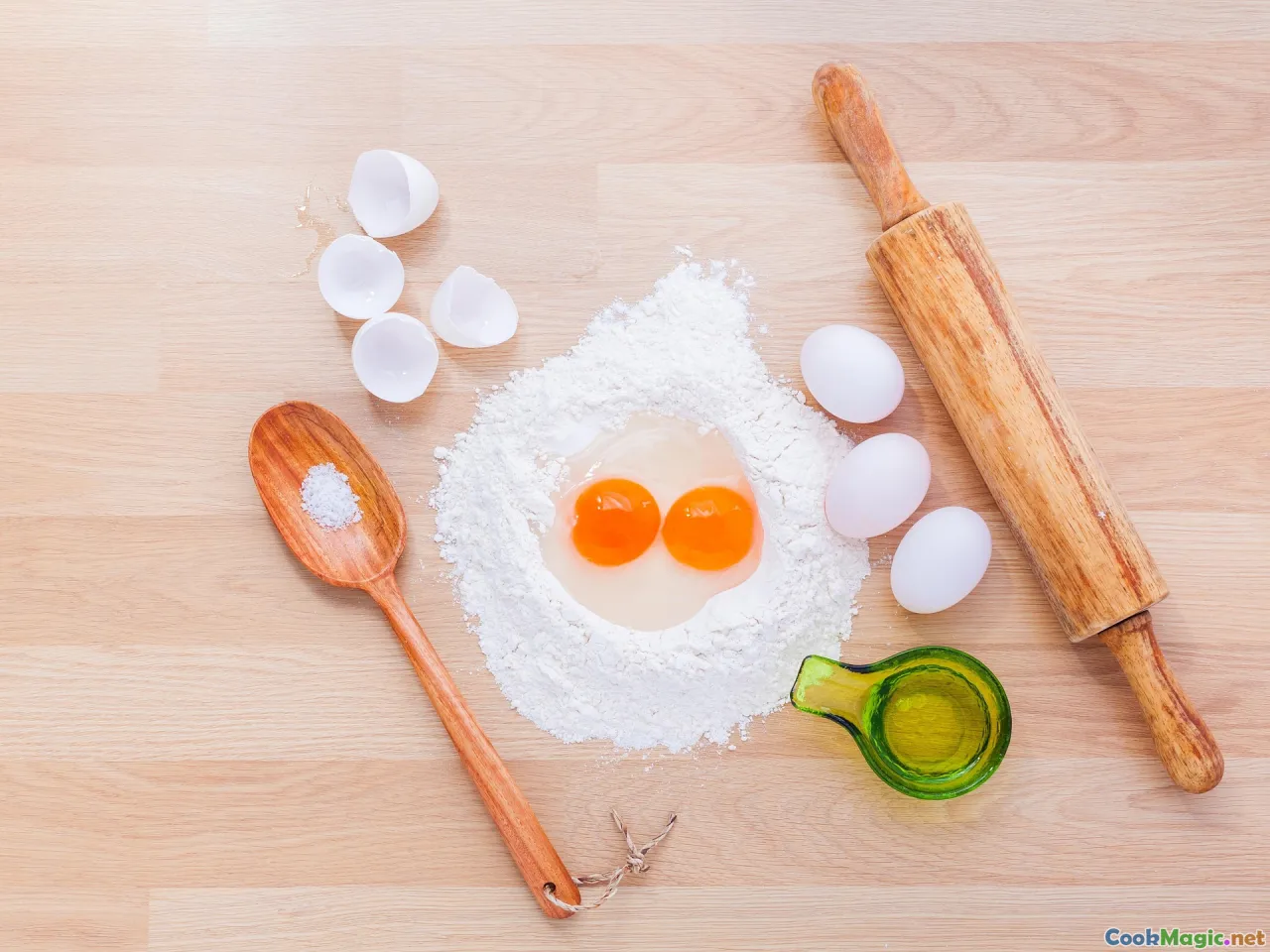
Throughout my culinary journey, I’ve found nutritional yeast to be a catalyst for innovation—whether it’s crafting a rich dairy-free Alfredo for a snowy winter night, topping a vibrant roasted vegetable tart, or elevating humble chickpea stews with a sprinkle of that golden flake.
One of my favorite dishes is a simple vegan cauliflower “cheese” soup, where blending roasted cauliflower with garlic, nutritional yeast, and plant-based broth creates a bowl of comfort reminiscent of childhood memories of cheesy mac, now reimagined in a dairy-free embrace.
In Italian regions like Tuscany, where simple ingredients like beans, greens, and herbs form the culinary identity, nutritional yeast has found a a new home—adding depth and savoriness without the need for tradition-bound dairy. It’s a testament to how global flavors and methods evolve, crossing borders to enrich vegetarian gastronomy.
Tips for Cooking with Nutritional Yeast

- Taste as you go: Start with smaller amounts—flavor is intensified as you cook.
- Pair with acid: Lemon juice or vinegar balances the richness.
- Combine with liquids: It dissolves best in hot or warm liquids, ensuring even distribution.
- Experiment in baking: Add to bread or veggie patties for umami enhancement.
- Layer flavors: Use alongside garlic, smoked paprika, and herbs for multidimensional dishes.
As with all culinary ingredients, confidence grows through experimentation. Don’t hesitate to modify recipes and discover personalized favorites.
Nutritional yeast isn’t just an ingredient; it’s a culinary ally that champions creativity, health, and sustainability. It invites us to rethink what flavor, nourishment, and tradition can look like in a modern, plant-centered kitchen. Embrace its golden flakes and unlock new depths of vegetarian cuisine—your palate will thank you for the journey.
Blessed with centuries of fermentation heritage and a bright future in dairy-free innovation, nutritional yeast is a shining example of how the simplest ingredients can transform entire meal experiences into something extraordinary. Happy cooking, and may your dishes be ever savory, wholesome, and bursting with flavor!









